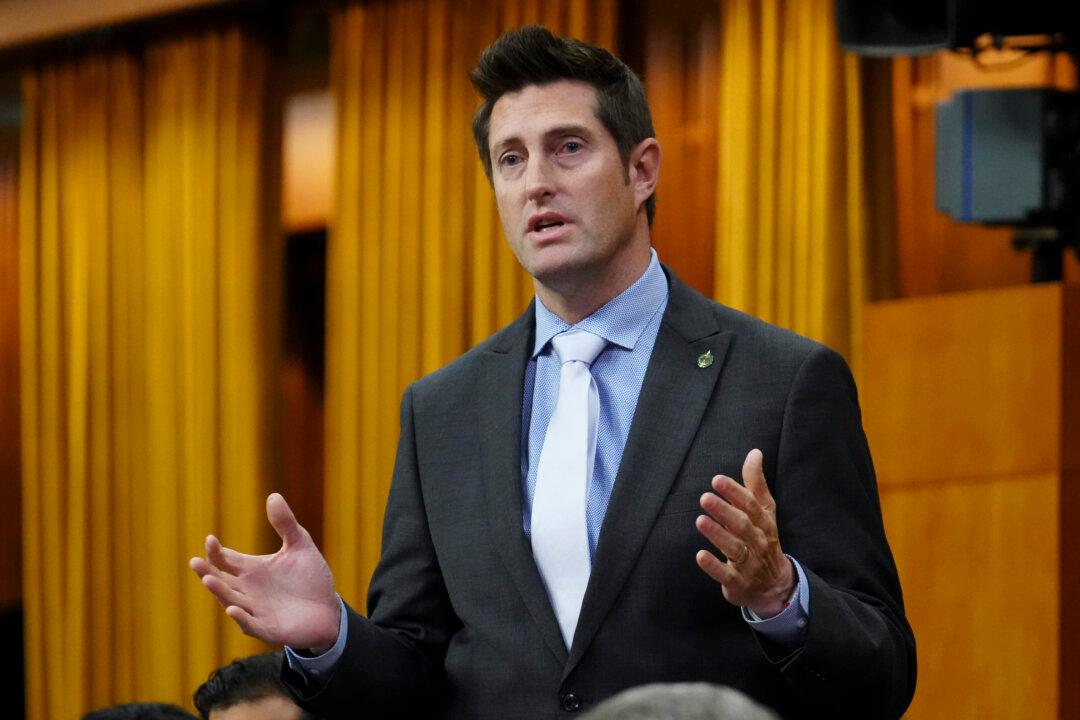A Liberal MP is suggesting the party will get rid of an amendment to the Elections Canada Act that would have pushed the next election date back by a week, a change the Conservatives have argued was proposed to secure pensions for dozens of MPs.
“There are over 40 amendments in our amendment package that deal specifically with the date of the election,” said Liberal MP Ryan Turnbull during a Procedure and House Affairs Committee meeting on Dec. 3, adding that the Liberals “will support the change to that.”





